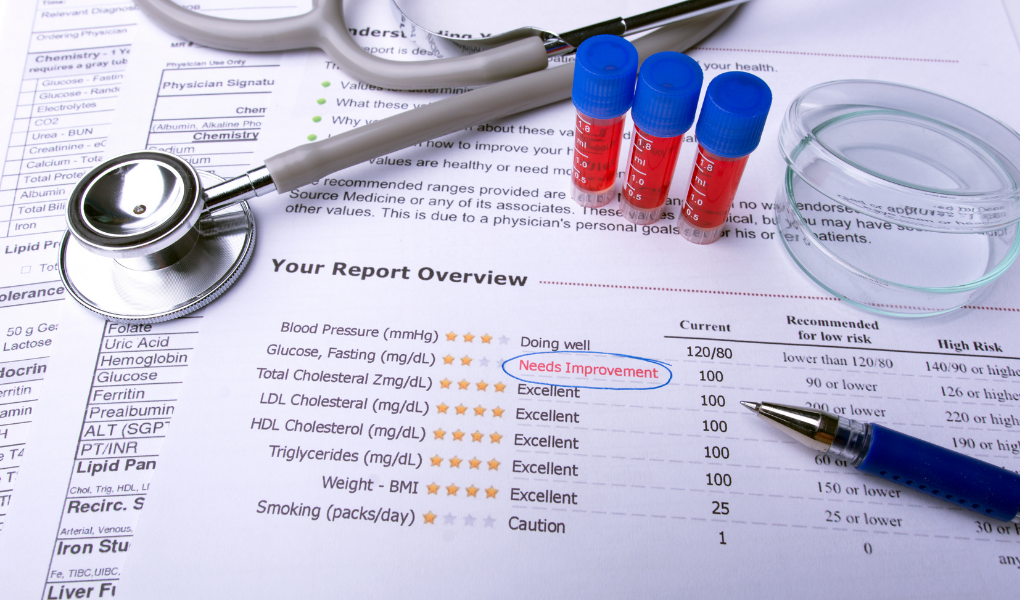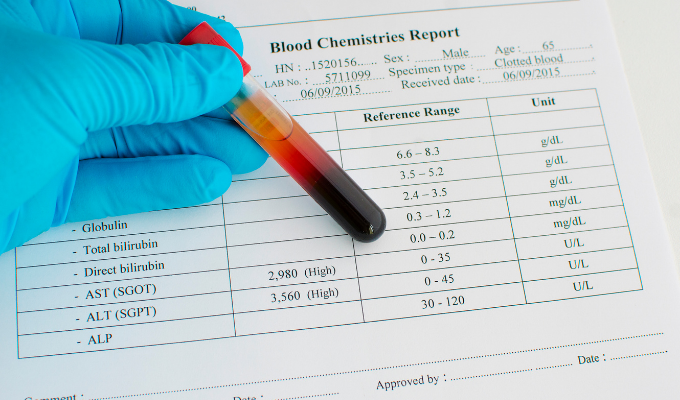What Is the Relation Between Glucose Levels and Hemoglobin A1C?
More Programs and Publications Featuring Dr. Kyle Riding
In this program:
Blood sugar levels and hemoglobin A1c measure different levels in the blood. Watch as medical laboratory scientist Dr. Kyle Riding explains the tests of blood sugar levels versus hemoglobin A1c, the role of natural sugars in the diet, and which test helps in the diagnosis of diabetes.
Transcript
Leo Hesse:
Can you give us a breakdown of glucose levels versus hemoglobin A1c. How are they connected? And how are they different?
Dr. Kyle Riding:
Absolutely, so glucose is the term to describe blood sugar, and so for anyone that says they're on a sugar-free diet, no you're not. You need to be able to survive. All of your cells throughout your body, require glucose as an energy source, it is the main fuel that you all run on. So I know Dunkin Donuts like to say America runs on Dunkin, but our bodies run on glucose, so you need an appropriate balance of glucose though, because when glucose levels get too low, you end up having cells starve, and that creates problems for cells and their metabolism. And if glucose gets too high, well, that can create a situation like diabetes and all of the host of issues that come along, the diabetes, definitely not something we want to have for any patient out there. So glucose, in terms of how we measure it, is a spot check of how much of that essential sugar you have inside of your blood, but you may have heard of another test that's involved with diabetes that you mentioned, the hemoglobin A1c.
Now, hemoglobin, as mentioned earlier, is really a protein in the red blood cells that carries oxygen, but it can carry a lot of other things too. One such thing is extra glucose, so if you have too much glucose circulating in your blood, the glucose will essentially bind on to a little hemoglobin pocket, and we call that glucose containing hemoglobin, hemoglobin A1c. The A1c is just a fancy way of saying the hemoglobin has a sugar molecule attached to it, and what that hemoglobin A1c does is unlike glucose where we only get a little spot check of how well the patient's sugar level is at that moment. Hemoglobin lasts in your circulation for several months, so the moment that that glucose binds to hemoglobin, that hemoglobin A1c is going to be moving through your blood for a couple months, so the hemoglobin A1c gives us a long-term look back on what your blood glucose levels have been over time, because back in the day, we used to have people try and trick us by eating really healthy for a week or two before their glucose levels, and we'd occasionally miss a new diagnosis of diabetes, or we may miss a diabetic that was out of control.
And not taking therapy seriously, the hemoglobin A1c doesn't give them that out anymore, it assesses things on a long-term basis and assures you're getting the best care possible for your maintenance of blood sugar levels if you've ever had a regularity in them before.
Leo Hesse:
That was good, thank you. I recall growing up, going around the house, telling family members, sugar feeds cancer, don't have sugar and just get it naturally. Was I wrong in saying that, given that you mentioned a while ago that we need glucose to survive?
Dr. Kyle Riding:
No, I don't think you are necessarily wrong, there are some studies out there that have demonstrated diets that are exceptionally high in processed sugars are not good and can lead to cellular limitations that feed cancer, but I always say, don't do a sugar-free or to tell yourself you're avoiding sugar entirely, because we always need...even if it's from leafy green vegetables, we're getting our glucose that way, so I always chuckle a little bit when folks say they're completely sugar-free, I'm like, “No, you're not, but you're being healthy by avoiding the processed sugar that's really the bad stuff.”
The information on Diverse Health Hub is provided for educational purposes only, and is in no way intended to diagnose, cure, or treat any medical or other condition. Always seek the expert advice of your healthcare team.
Related Videos:































